The PRISTINE project tackled plastic pollution across both the upstream and downstream areas of the Sundarbans Reserve Forest by creating a recycling value chain for Single-Use Plastics (SUP) that is transparent, traceable, and inclusive. At its core was the development of a mobile application, called Wastex, to track plastic waste from collection to recycling, documenting the contributions of waste collectors to the circular plastic economy.
By integrating a digital registry system, the project formalized the role of informal waste pickers, enhancing their recognition, securing their participation in formal waste management systems, and improving their livelihoods.
It also reduced occupational health risks by promoting safer collection practices and providing structured opportunities for income generation.
Watch how our local waste collectors describe PRISTINE
Through this approach, PRISTINE not only removed harmful plastics from sensitive ecosystems but also empowered marginalized waste workers, linking environmental protection with social and economic benefits. The project is a model for addressing plastic waste challenges in ecologically critical areas while supporting community resilience and sustainable livelihoods.
Read PRISTINE photo book: FROM MONGLA TO MANGROVE | BEATING PLASTIC POLLUTION, SKETCHING A GREENER FUTURE
PRISTINE was supported by the PLEASE Project, which is implemented by the South Asia Co-operative Environment Programme (SACEP), supported by the World Bank, and with implementation support from UNOPS (United Nations Office of Project Services)
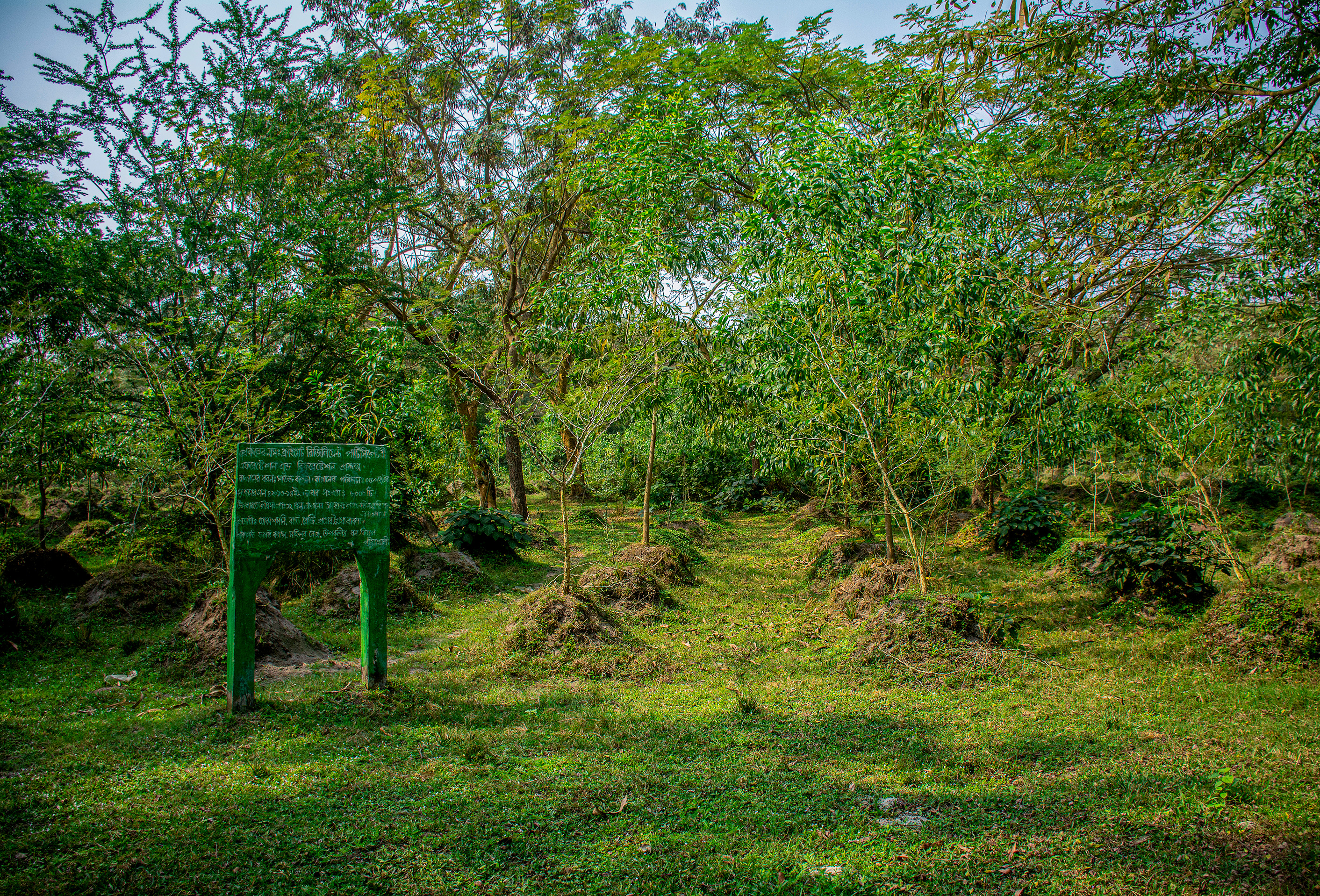 © AF photo library
© AF photo libraryArannayk Foundation implemented Component 2: Livelihood Development of the CRPARP from February 2013 to December 2016, aiming to reduce forest dependency and strengthen community resilience through sustainable livelihood options. The project mobilized 6,000 forest-dependent households into 200 village groups (80% poor and vulnerable, 86% women), established 200 village organizations and 55 union federations... Read more
Location: Cox's Bazar, Barisal, Chattogram, Barguna, Laxmipur, Bhola, Feni, Patuakhali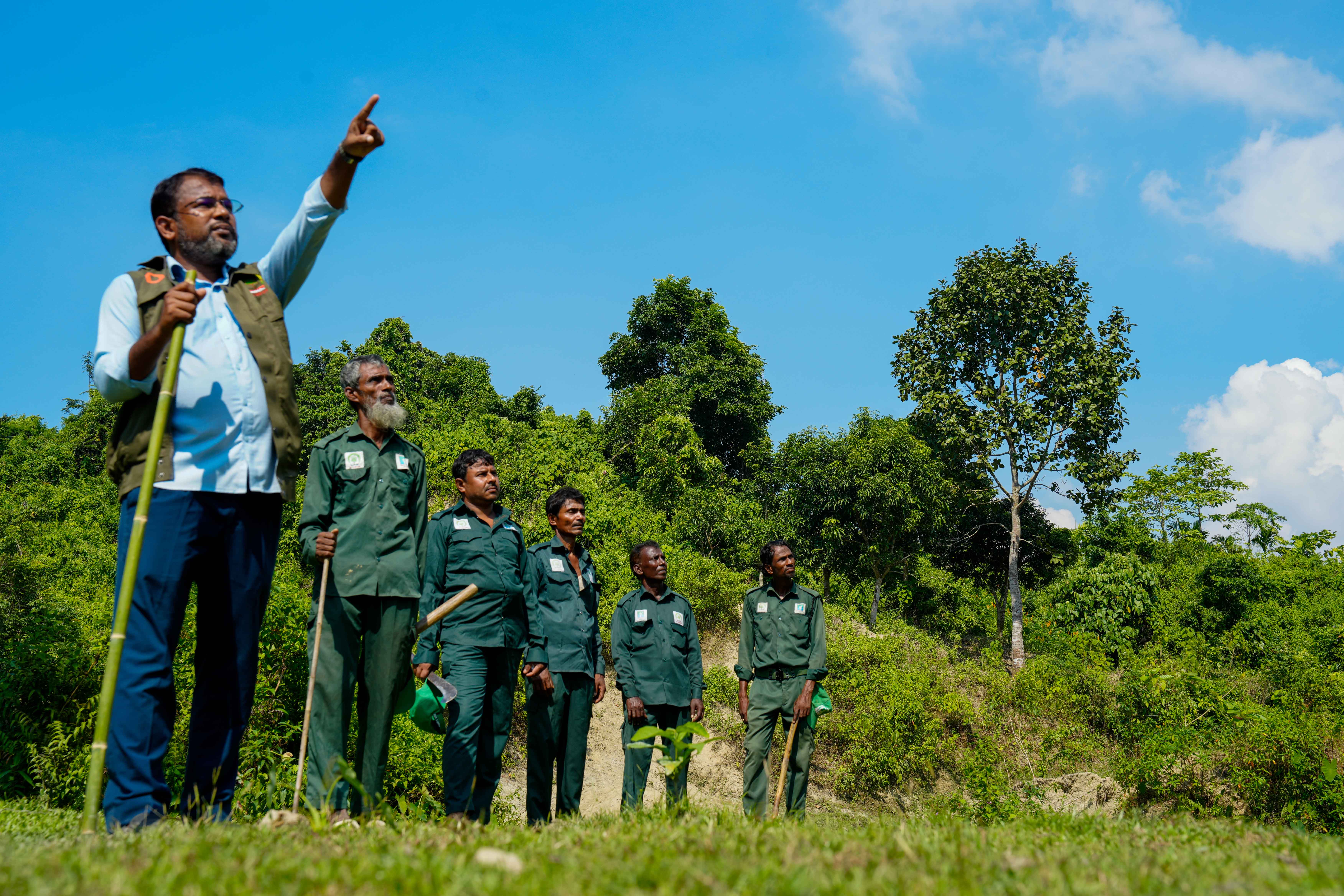 © AF/Arifur Rahman
© AF/Arifur RahmanLaunched in 2020, the GREEN LIFE project addresses the environmental and socio-economic challenges triggered by the influx of nearly one million Rohingya refugees into Cox’s Bazar since 2017. The sudden pressure on forests and natural resources led to deforestation, soil erosion, landslides, and frequent human-elephant conflicts in protected areas such as Inani National Park and Teknaf Wildlife Sanctuary. H... Read more
Location: Cox's Bazar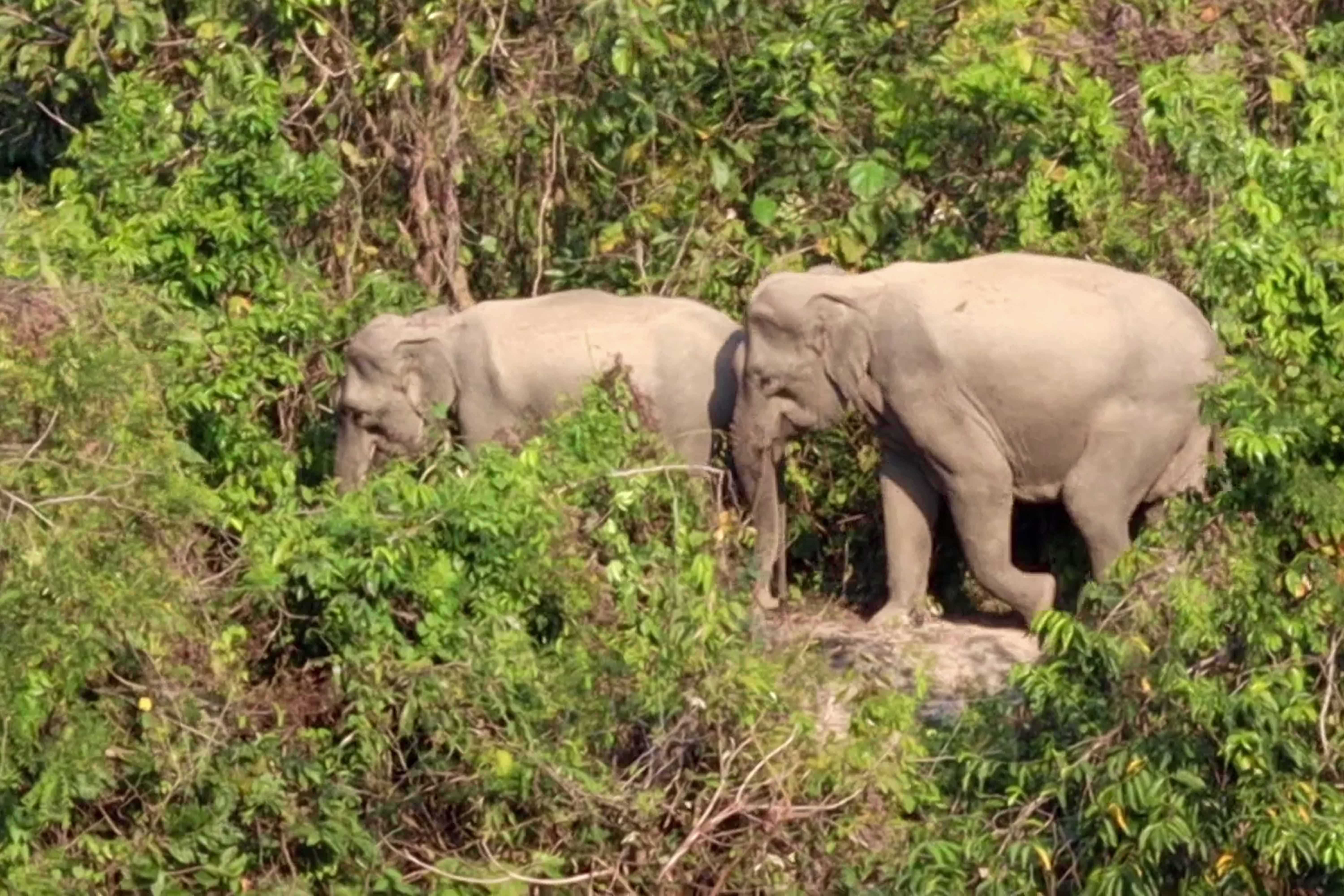 © AF photo library
© AF photo libraryThis project enhanced community-based conservation efforts within the Inani and Ukhiya ranges of Sheikh Jamal Inani National Park (SJINP) by strengthening the capacity of Elephant Response Teams (ERTs) to mitigate human–elephant conflict (HEC). Four ERTs were supported, comprising 40 trained members equipped with logistical resources to assist the Bangladesh Forest Department in safeguarding both communitie... Read more
Location: Cox's Bazar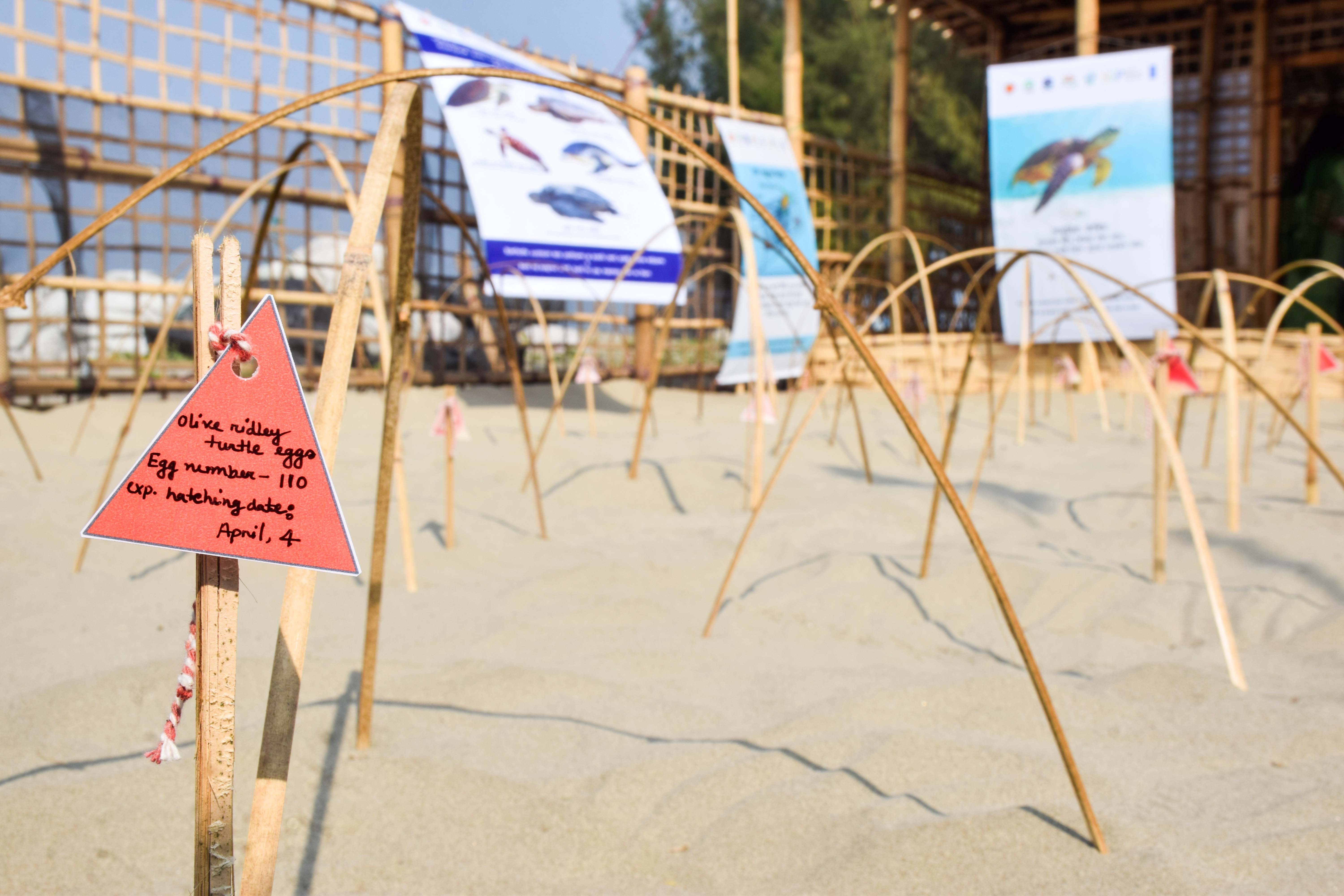 © AF/Arifur Rahman
© AF/Arifur RahmanImplemented in the Cox’s Bazar–Teknaf Peninsula and Inani National Park, critical habitats for globally and nationally threatened species, the EARTH project addressed the combined pressures of climate change and the ongoing humanitarian crisis through community-led conservation, conflict mitigation, and livelihood diversification.The project directly benefited 5,529 people, 57% of whom were women, including... Read more
Location: Cox's Bazar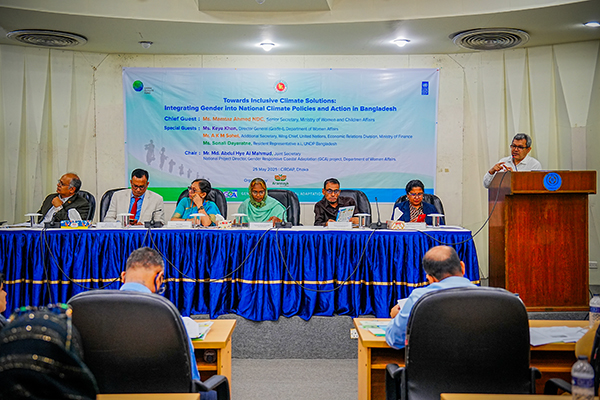 © Arifur Rahman
© Arifur RahmanArannayk Foundation, engaged by the United Nations Development Programme (UNDP), developed training modules, a policy brief, and other supporting materials to build the capacity of Government of Bangladesh (GoB) officials on integrating gender perspectives into climate action. The initiative aimed to promote gender-transformational change by addressing restrictive norms, fostering shared responsibilities wi... Read more
Location: All Over Bangladesh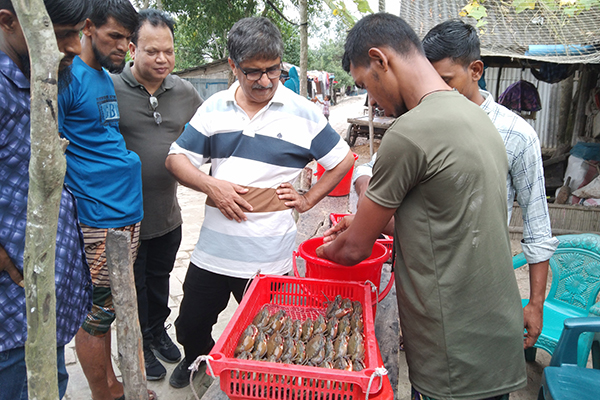 © S.M. Saiful Seraj
© S.M. Saiful SerajThe study documented life cycle of mud crabs and prevailing harvesting practices in selected Ecologically Critical Areas (ECAs) of Khulna, Bagerhat, and Satkhira districts adjacent to the Sundarbans. The study examined the ecological and socio-economic dimensions of mud crab harvesting, including its impacts on population sustainability, local ecosystems, and the livelihoods of dependent fishing communities... Read more
Location: Bagerhat, Khulna, Satkhira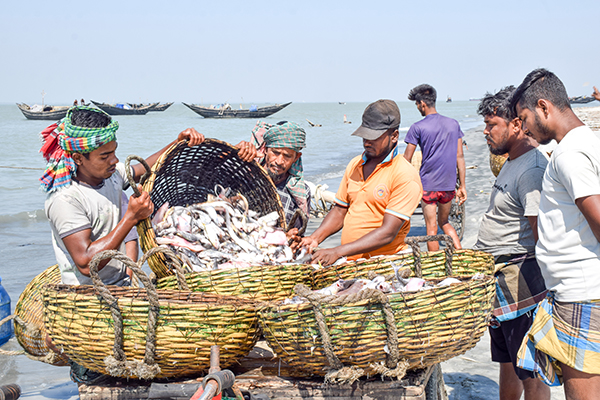 © Arifur Rahman
© Arifur RahmanArannayk Foundation, funded by GIZ Bangladesh, conducted a feasibility study on the fishing and fish processing practices of the Dubla Island fishing community (Dubla Jele Palli) to understand their socio-economic profile and the ecological impacts of their activities on the Sundarbans and adjacent marine ecosystems.The study documented demographic characteristics, economic dependence on fisheries, and the... Read more
Location: Bagerhat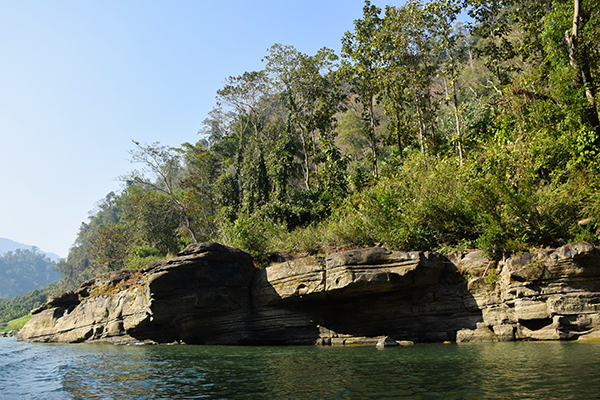 © Zawyad Bin Mostofa
© Zawyad Bin MostofaThis initiative focused on conserving big cat species, particularly the clouded leopard within the Indo-Burma Biodiversity Hotspot by safeguarding transboundary forest ecosystems in Bangladesh’s Chittagong Hill Tracts and India’s Mizoram. The project combined habitat management, community-based conservation, and cross-border collaboration to strengthen ecological resilience, reduce human–wildlife conflict,... Read more
Location: Rangamati, Bandarban, Mizoram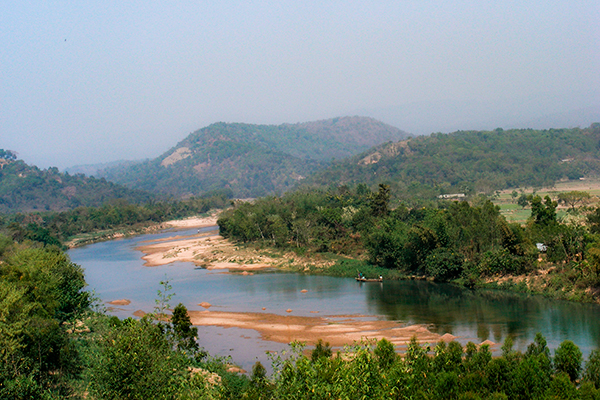 © AF photo library
© AF photo libraryArannayk Foundation strengthened community-based conservation across key biodiversity areas (KBAs) through the facilitation and networking of Co-Management Organizations (CMOs). In the Sundarbans, this included the Sundarbans Region Co-Management Society (formerly the Sundarbans CMO Network), while in the northeast, the Greater Sylhet CMO Network brought together CMOs from Tanguar Haor, Hakaluki Haor, and H... Read more
Location: Sylhet, Sunamganj, Moulvibazar, Habiganj, Satkhira, Bagerhat, Barguna, Khulna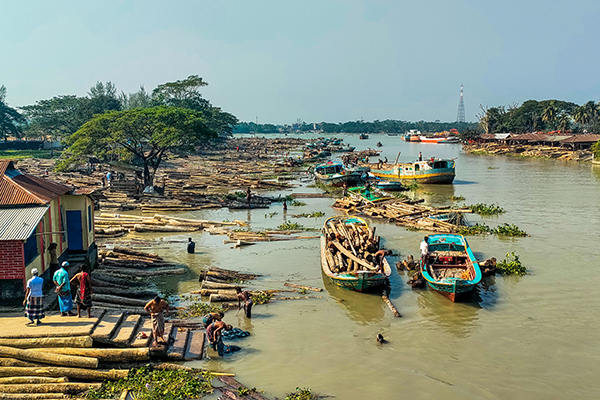 © AF/Farhan Haque
© AF/Farhan HaqueThis nationwide study examines the growing demand and supply dynamics of wood-based products in Bangladesh, with a focus on wood chips, sawdust, and furniture. Driven by rapid urbanization and a furniture sector growing at 15–20% annually, the country faces increasing pressure on timber resources. While local production and imports contribute to meeting demand, restrictions on harvesting from natural forest... Read more
Location: Khulna, Bagerhat, Jashore, Jhenaidah, Bogura, Dinajpur, Tangail, Mymensingh, Gazipur, Dhaka, Narayanganj, Barisal, Sylhet, Moulvibazar, Habiganj, Chattogram, Rangamati
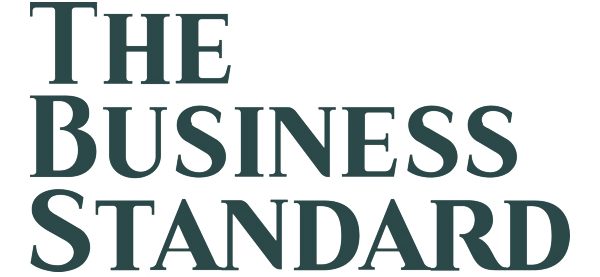

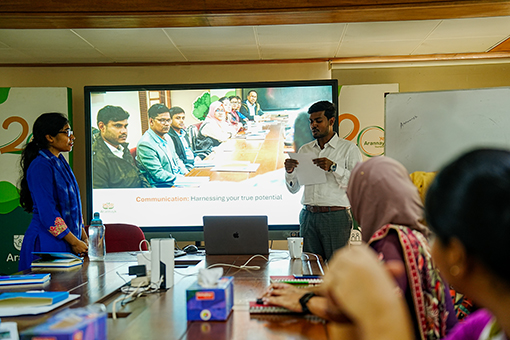
Be a part of our mission. Support communities, protect nature, and build a greener, fairer Bangladesh for today and tomorrow.
See Our Vacancies
Lend your time and skills to protect forests, empower communities, and make a real difference for people and the planet.
Join Us © AF/Arifur Rahman
© AF/Arifur Rahman
Partner with us in transparency and trust. Supply goods and services that support conservation, community development, and sustainable impact.
See AdvertisementTogether we are part of a growing, global movement determined to bring about the changes our planet desperately needs.